变量&流程控制&函数
【Swift初步】
1、第一个swift程序。

You don’t need to import a separate library for functionality like input/output or string handling. Code written at global scope is used as the entry point for the program, so you don’t need a main function. You also don’t need to write semicolons at the end of every statement.
不需要import任何库,像输入/输出之类的。代码直接写在全局,全局的第一行代码作为程序的entry point。 行尾也不需要冒号。
2、Constant & Variable。

let定义常量,var定义变量。若没指定类型,则根据value自动推导。若要强制指定类型,则按如下方式:

swift中无隐式转换,若要将一种类型转换为另一种类型,必须显式转换,如下:

转变为String类型,还可以使用\()方法,如下:

3、使用[]来创建array或dictionary。以及引用[]来访问array与dictionary中的元素。
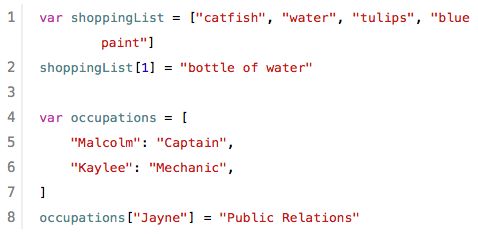
可以像如下方法一样创建空array或dictionary:


4、流程控制语句包括if、switch、for-in、while、do-while。对condition的引用可以不加(),但对流程body的引用需要加{}。
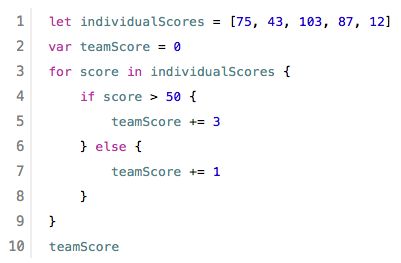
其中if的condition必须是带布尔运算符的表达式,不允许为一个int。
5、optional变量,if&let
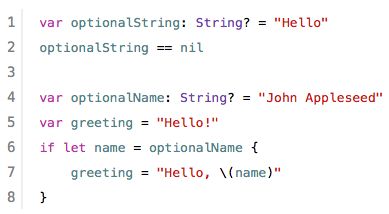
if、let、?变量,三者共同作用。
6、switch支持任意数据类型,以及支持任意的比较。switch的一个case支持多个value,另外每一个case内部不用写break。
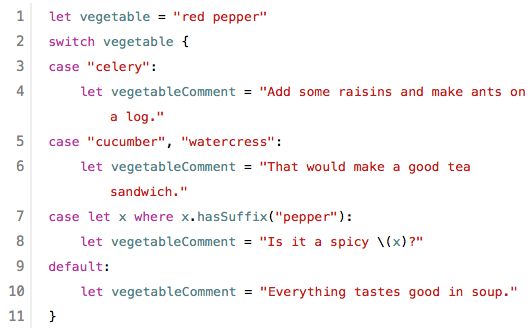
7、通过提供 (key,value)给for in,即可遍历dictionary:
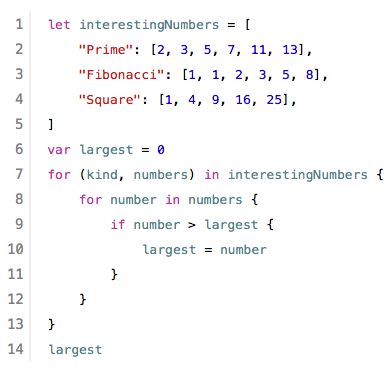
5、while语句
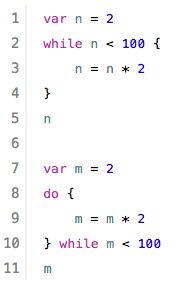
6、使用 .. 来表示数列,注意是2个点。
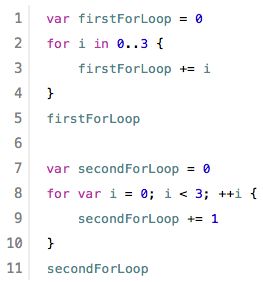
7、函数的定义与使用

使用tuple可使函数返回多个值:

支持变长参数:
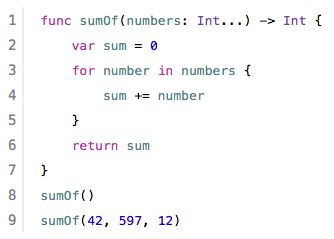
函数可以嵌套。嵌套的函数可以访问outer function中的局部变量。
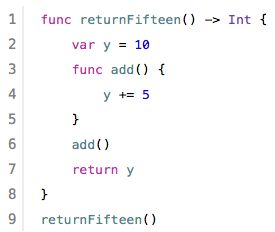
8、函数可以返回函数。
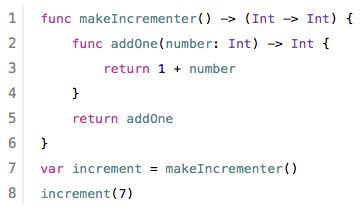
函数可以作为参数传递:
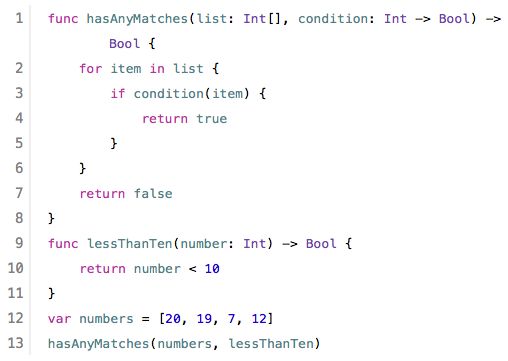
9、函数实际上是一种特殊的Closure,可以用{}来写一个匿名的Closure。使用in来分隔函数参数、返回类型与body。
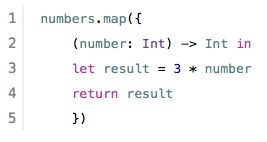
Closure可以写得更紧凑. When a closure’s type is already known, such as the callback for a delegate, you can omit the type of its parameters, its return type, or both. Single statement closures implicitly return the value of their only statement.

作为函数最后一个参数的Closure可以在函数调用自的()之后定义,另外可以使用$N来引用参数:
